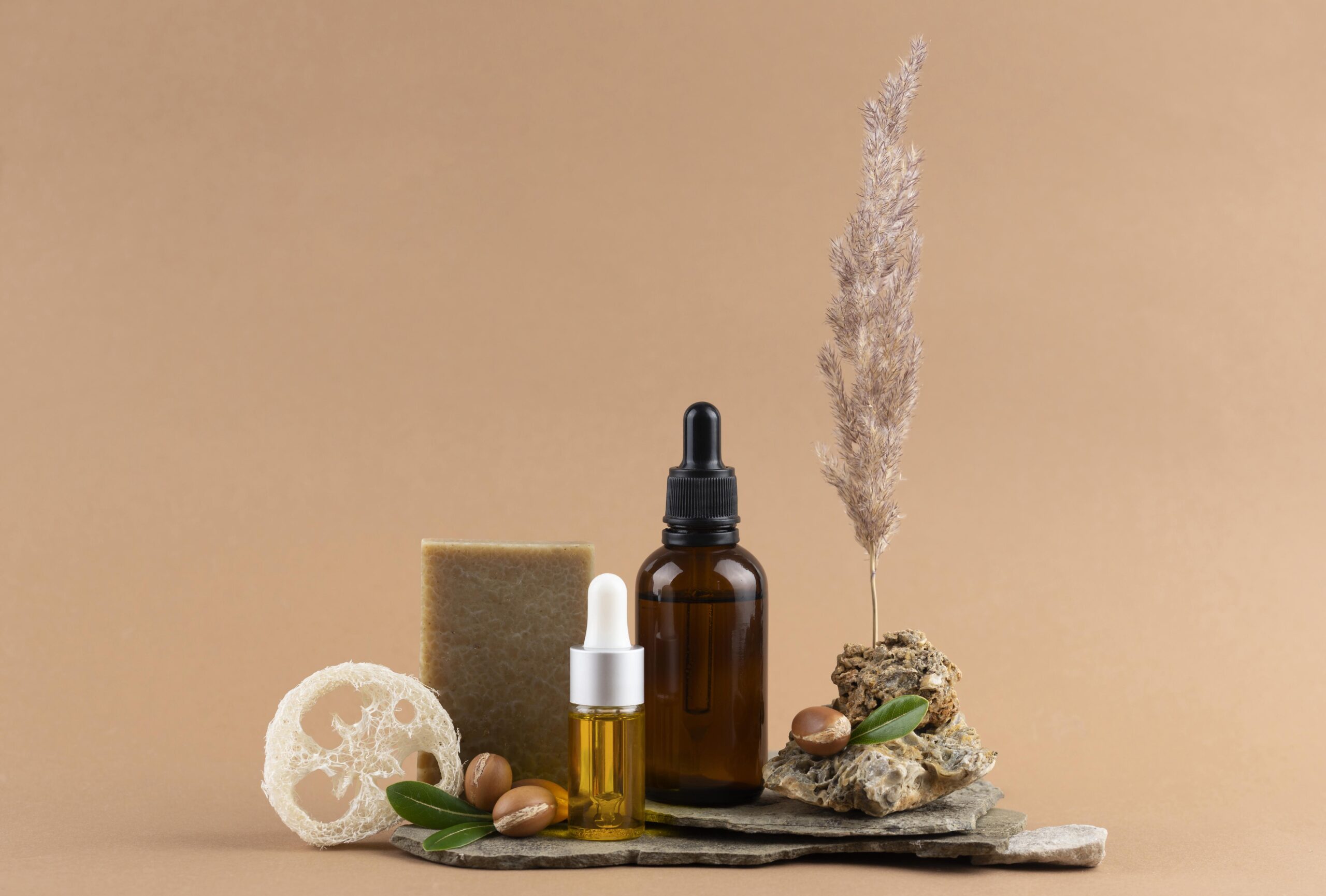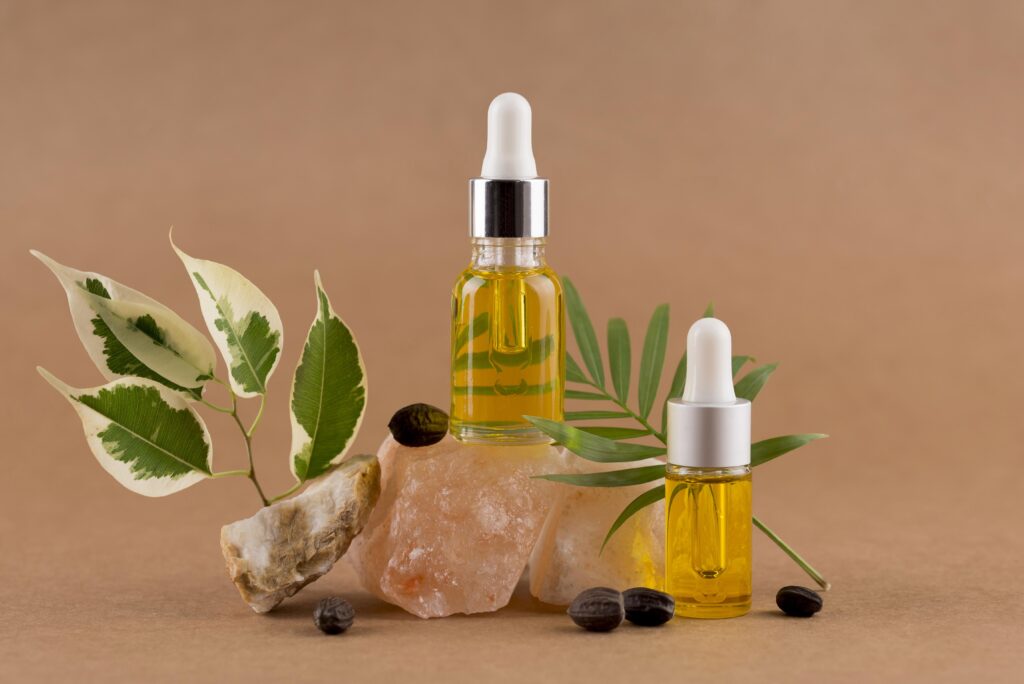Common Essential Oil Mistakes and How to Avoid Them

Essential oils have steadily gained popularity due to their therapeutic advantages. Ranging from aromatherapy, and skincare, to being an ingredient in food products, essential oils have many uses. However, for quality essential oils, people need to come to The Bulk Cart. In any case, some users make careless mistakes that can lead to inactive results or even danger. Let’s break into the common mistakes and how to avoid them.
What Are Essential Oils?
Essential oils are extremely concentrated extracts obtained from plants. They carry inside the plant’s natural fragrance and properties. Essential oils can uplift one’s moods, boost energy levels, or even support people’s physical health. However, they are potent substances that must be used responsibly. Thus, knowing how to use them safely is vital.

Common Mistakes
People make many mistakes with essential oils. Here are some of the most common mistakes and some helpful tips on how not to do them.
Using Photo-Sensitive Oils In the Sun
There are photo-sensitive essential oils, such as bergamot and lemon. It makes them more likely to cause reactions on the skin if exposed to the sun. So, mixing them with other oils, applying them on the body, and when left exposed to the sun, they result in irritation or maybe even burns on the skin.
Tip: Always test an oil for photosensitivity before applying it to your skin. If so, then you will avoid exposure to direct sunlight for at least 12 hours post-application. The simple precaution will keep your skin from reacting to a bigger issue in the future.
Over-Diffusion
Diffusing scents can make a home highly enjoyable. However, over-diffusing can be overwhelming. Over-diffusion may lead to headaches respiratory problems or even nausea, especially among sensitive individuals.
Tip: Diffuse only for 30-60 minutes. Make sure the room is well-ventilated. Start with a few drops and see your comfort level.
Storing Oils Incorrectly
Proper storage degrades the quality of essential oils. It may alter its chemical makeup if exposed to light, heat, or air. Improper storage can make it less useful and, in worse cases, dangerous.
Tip: Store essential oils in dark glass bottles. Keep it away from heat and sunlight. The ideal place would be a cool and dry area. Do not forget to tighten the bottle caps after use.
Buying Oils with Additives
Not all essential oils are pure. Some contain additives or synthetic fragrances. These will dilute the benefits of the oil and may also trigger allergic reactions.
Tip: Buy oils from a credible supplier. Try to look for labels that state 100% pure essential oil without additives. Certifications also indicate quality.
Handling Oils Carelessly
They are considered extremely potent and cause irritation when not properly applied. They can cause burns or even skin irritation when applied directly. Some essential oils are too harsh for sensitive skin.
Tips: Never apply essential oils undiluted on the skin. Common dilution ratios include one drop of essential oil to three drops of carrier oil such as coconut or jojoba oil, and it is also recommended to test a small patch of skin first. Be careful of adverse reactions.
Recommending Oils to Everybody
The main issue of recommending is that the Rosemary essential oil can differ from one person to another. Whatever might be effective for one could not be for another. Recommending oils without knowing the health history of a person would be quite risky.
Tip: Make your friends and family member research their own. Let them know that if they have some underlying health problems or when pregnant, then should consult a healthcare professional. Personalized advice is important when it has to do with health matters.
How to Avoid Such Mistakes
It is easy to avoid common mistakes with essential oils, provided one has a little awareness of them. Here are a few practical steps that will help you use essential oils safely:
- Learn Before You Use: Invest time in the learning process about essential oils. Read books and reliable articles on the Internet. Familiarity with their properties and uses is vital for the safe application of essential oils.
- Choose Quality Sources: You should find good sources by buying your oils from good companies. Good suppliers describe their products. Quality is the requirement for effectiveness and safety.
- Cautious Practice: Always do patch tests before using any oils. Be very cautious if you use oil near children, pets, or pregnancy. Some of the oils can be toxic to these individuals; hence there is a need to be more careful.
- Maintain a Journal: Keep track of the essential oils that you apply. What oils you apply and what happens to you can be written from this. You will find which one works for you and also the negative impact may be noted.
- Ask Questions: Never shy off from questions to professionals. In case you are not so sure about oil or how to apply it, there is nothing wrong with consulting an aromatherapist or a health professional. They will guide you through it.
- Continues to learn: The field of essential oils is ongoing and dynamic. A new study will open one’s eyes to new ways of doing things. Read blogs, newsletters, and social media groups focused on essential oils and aromatherapy.
Conclusion
The use of essential oils, with proper usage, can offer many benefits. However, such mistakes lead to bad experiences. Being aware of some pitfalls and taking measures to avoid those pitfalls will help enjoy the good of essential oils safely. Since you are a genuine user of essential oils, quality and education will be added to it. With proper care and knowledge, you can enhance your well-being with these powerful plant extracts.

